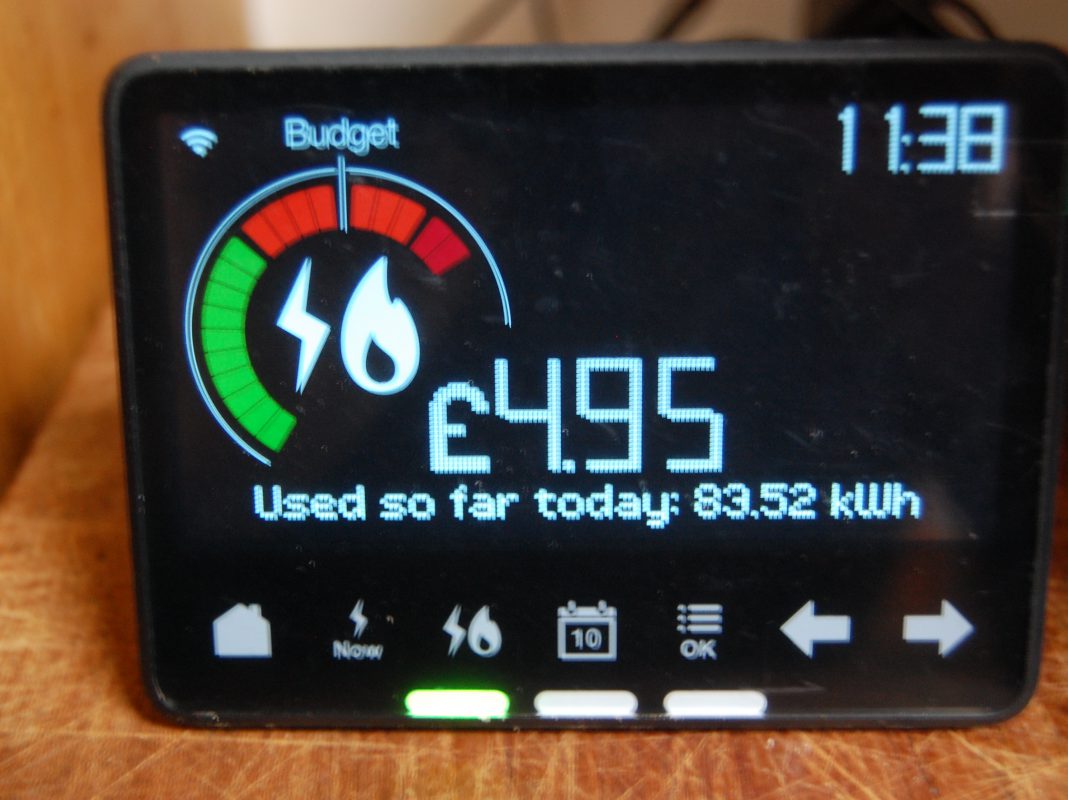The soaring cost of energy is hitting us all. Domestic consumers will be hardest hit, even with the benefit of direct government handouts, but businesses are challenged too, without benefit of price caps, boosting the inflationary cycle and leading to closures and bankruptcy.
Is there any counterweight to the gloom and despondency? One clue comes from the campaign to install smart-meters in our homes. It has been reported that they save 500,000 tonnes of CO2 per annum, but this statistic is open to question. Maybe the time-honoured instrument of the price-mechanism will better succeed in reducing energy consumption and driving us carbon-neutral, when all the efforts of government have failed.
We are confidently informed that our energy costs this winter will rise by 300%, but this assumes that our consumption remains unchanged. Suppose we can acclimatise ourselves to lower temperatures and less wasteful living conditions?
We live in times of global uncertainty, with massive threats not just to our way of life but to our very existence. Democratically elected governments can only act with the broad concurrence of their electorates. However unpleasant this wake-up call, it would seem to fit the bill for the eco-warriors who have been warning us for too long now that we must adjust our lifestyles.
What can we learn from history? Thirty years ago, there was talk of peak oil, envisaging the oil wells running dry and the consequent need to find alternative energy sources. This scenario struck home in Cuba in the 1990s. That country had survived the US government imposed trade embargo introduced in the 60s (and still not totally withdrawn in 2022), by turning to the Soviet Union for its imports of oil and other products. Then when the Soviet Union collapsed in 1990, Cuban oil imports were cut by half. How the country coped with this emergency is detailed in a remarkable documentary film: The Power of Community: How Cuba Survived Peak Oil (2006).
Few would welcome the Cuban response as the solution to our present national and European woes. However, the need to adapt our life-style is becoming imperative if life on our planet is to survive the threat of global-warming. This is the theme for the discussion to be led by Graham Ellis entitled: How can we live more simply so that others can simply live?
This takes place on Sunday afternoon, September 25, from 2pm to 4pm at the Tilling Green Community Centre. All are welcome.
Image Credits: Kenneth Bird .



